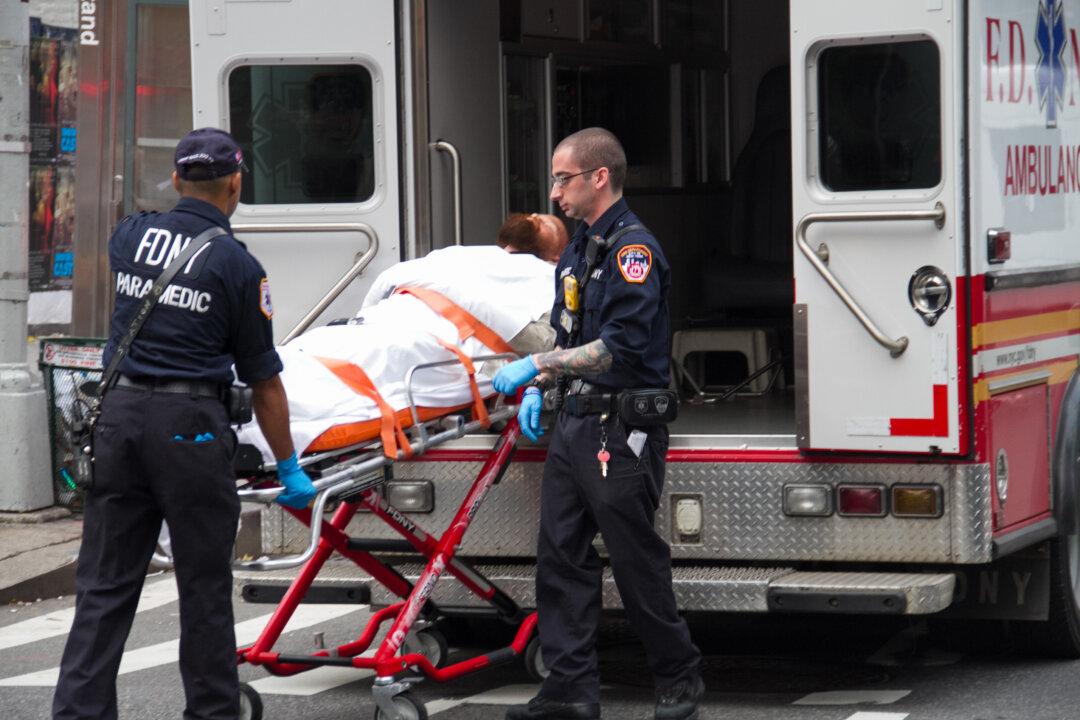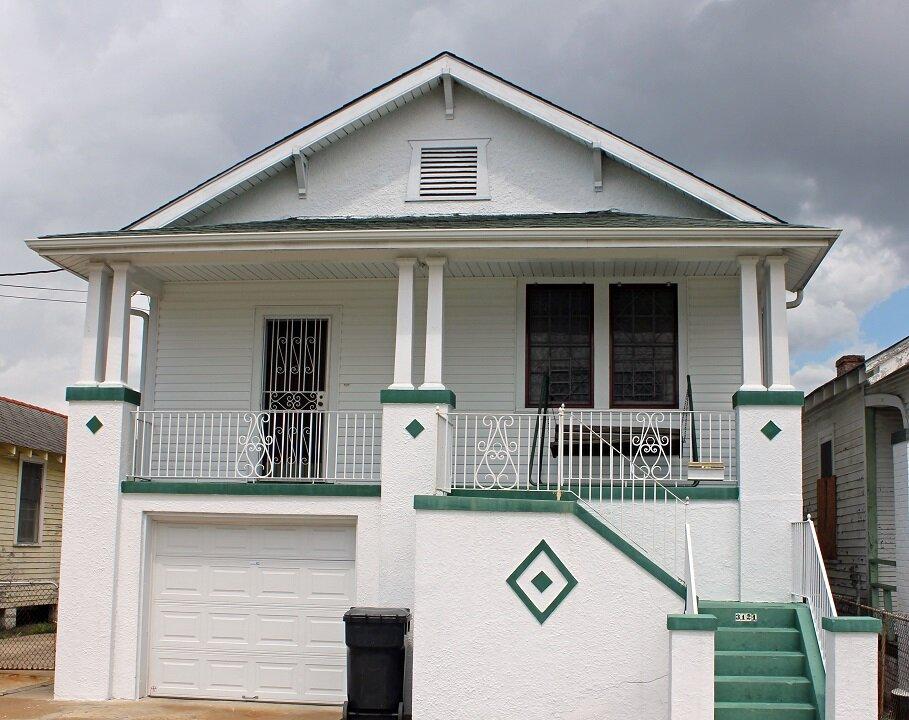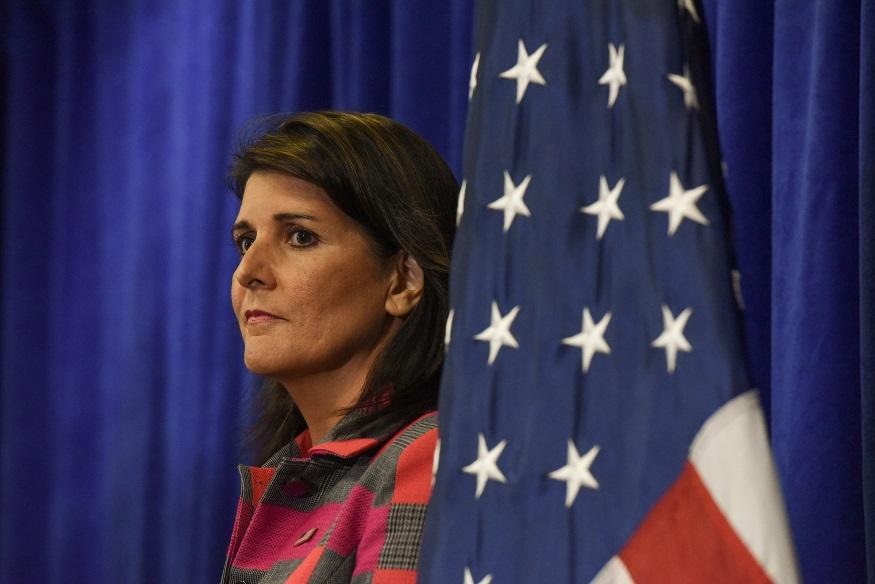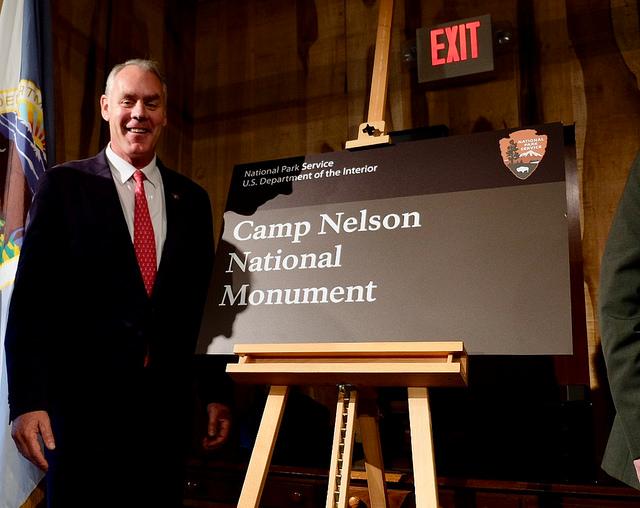NEW YORK—With a heat wave blistering New York City, ambulance requests were up by nearly 500 on July 15 and 16. To prepare, the FDNY dispatched an additional 14 ambulances across the city, but Democratic mayoral candidate Christine Quinn found out firsthand, that number may not be enough.
At a campaign event on July 16 in Williamsburg, Brooklyn, to celebrate the seventh anniversary of the city’s fair solid waste management plan, an 18-year-old intern for Council member Diana Renya fainted due to the heat.
The intern, whose name was withheld at the request of the family, was immediately tended to by Detective John Madden, who was serving as NYPD security detail for Quinn. A 911 call was placed, but the intern waited 31 minutes for an ambulance.
An average wait time for a low-priority call, such as the one placed on Tuesday afternoon, is 15:17 according to the Mayor’s Management Report.
Growing concerned at the slow response time, Quinn placed a call to FDNY Chief Salvatore Cassano 21 minutes after the initial 911 call was made, only to get his voicemail and leave a message. Five minutes later, Quinn placed a call to NYPD Commissioner Raymond Kelly. Within five minutes of that call, two police officers and a fire engine showed up, but no ambulance.
Fed up with the wait, a Quinn staffer dispatched a volunteer, Jewish community-based Hatzolah EMS, that responded within four minutes and took the intern to the hospital.
“I am deeply concerned that during a really bad heat wave, someone had to wait 31 minutes after fainting on the street,” Quinn said from the Red Room at City Hall on Tuesday afternoon. “It is crystal clear to me, we were not prepared for the heat today. This cannot be the standard in New York City.”
Quinn had a meeting at 3 p.m. on July 16 with FDNY Chief Salvatore Cassano, Chief of the EMS Abdo Nahmod, and Deputy Mayor Cas Holloway to discuss the incident. She demanded more ambulances be made available as the heat wave continues.
“I believe I made it abundantly clear the fire department response today was nowhere near satisfactory, and completely unacceptable,” Quinn said of the meeting.
The FDNY complied with Quinn’s request, adding 20 ambulances on July 17, as temperatures climbed to 95 degrees.
911 Not at Fault
The 911 system has been under intense scrutiny recently following the death of 4-year-old Ariel Russo, who waited eight minutes for an ambulance after being struck by a car on the Upper West Side in early June. Quinn said Holloway and Cassano walked her through the 911 call and she did not believe it was a 911 call problem.
“I believe this is a new problem that we do not have enough ambulances for high-volume days,” Quinn said.
The FDNY confirmed there were 384 ambulances citywide on Tuesday, up 14 from normal operations.
The FDNY also said some ambulances are not dispatched to low-priority calls in order to respond to life-threatening calls in a timely manner. The 911 call for the intern was originally labeled a “Segment 5” based on the fact that she was alert and communicating.
“With a high volume of calls during extreme heat, a call for a non-life threatening injury with an alert patient being treated by a trained EMT is appropriately not deemed a high priority, which in some cases like this one, means that it takes longer for an ambulance to get to the scene,” the FDNY said in a statement. “But it is critical that life-saving resources be prioritized and used for high-priority, life threatening incidents.”
Quinn said she would like to have a discussion with the mayor’s office about a new standard for response time for lower level priorities.
“We should have been prepared for a higher volume of all levels of calls,” Quinn said.
Currently the FDNY has authorized overtime, according to Quinn, who said she was assured by FDNY Commissioner Cassano the slow response time was not due to the department taking a shortcut on overtime.
“I think we need more physical ambulances, and we may or may not need more staff to staff them,” Quinn said.
When asked about future plans for campaigning outside in the heat, Quinn said she would not change her plans to cut events shorter. She did say she may provide more water to staff, but argued many New Yorkers work outside.
With additional reporting by Zachary Stieber.





